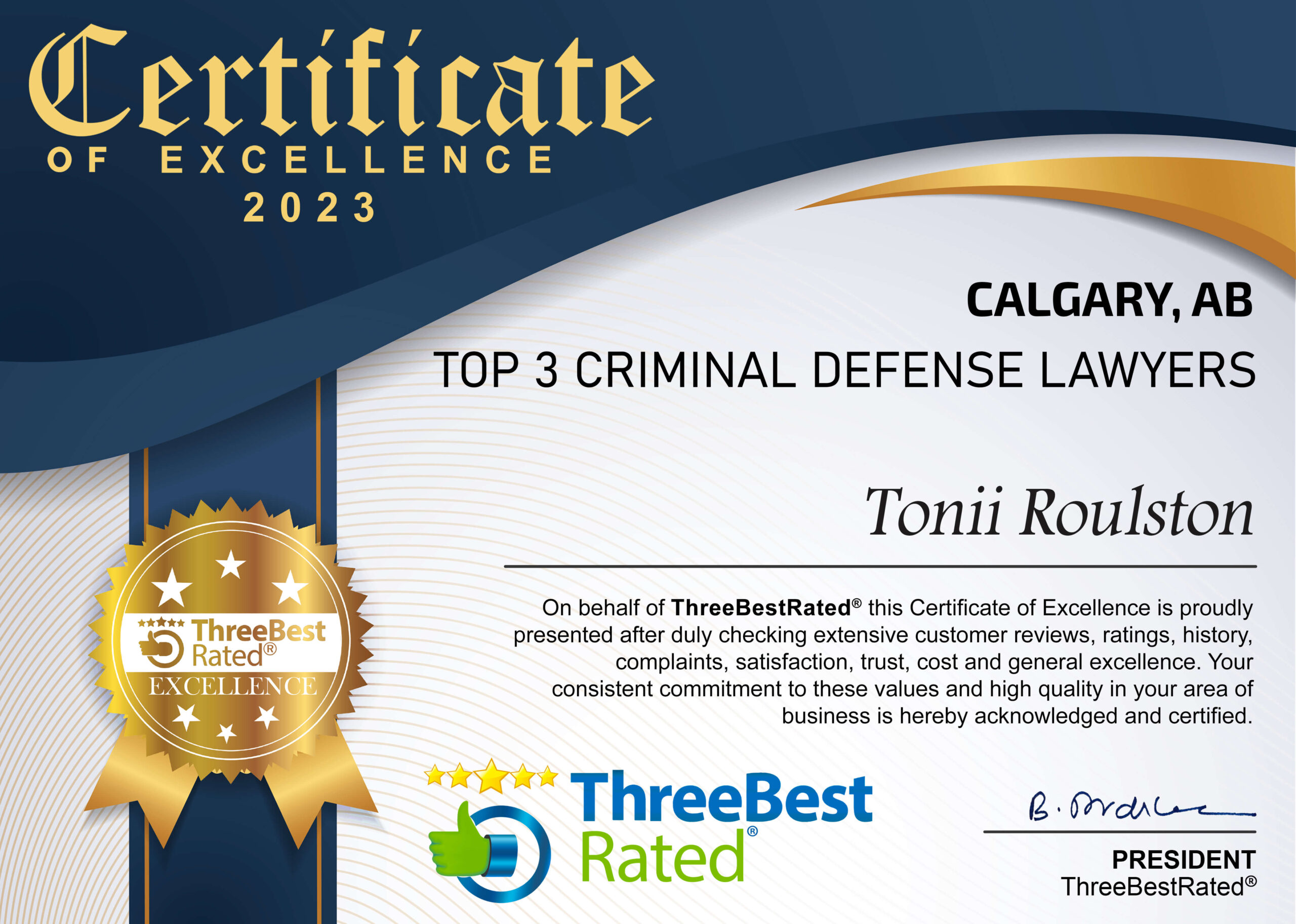Internet crimes include unlawful offences that involve the use of electronic devices, such as criminal harassment. There are specialized units within law enforcement that investigate suspected crimes involving computers, tablets, personal digital assistants or mobile devices. If the police can provide reasonable grounds that an offence has been committed, a search warrant can be obtained to seize all your electronic devices.
If you are under investigation or have been accused of a criminal offence involving the internet, your first step is to speak with Roulston Urquhart Criminal Defence.
